In real drilling operations, the kill manifold is often tested on paper before the job begins, but things rarely go as smoothly once the equipment is in use. Many operators have faced the same set of problems, from leaking valves to difficulties with choke adjustment. These issues may look minor, but if not solved quickly, they can delay operations and even compromise well control.
One of the most common issues is valve leakage under high pressure. Even when the valves pass a pressure test before deployment, they sometimes fail during continuous operations, especially when solids in the fluid erode the sealing surfaces. The solution is not just choosing better valves, but also maintaining a strict schedule for inspection and replacement of elastomers. Ignoring this can easily lead to costly downtime.
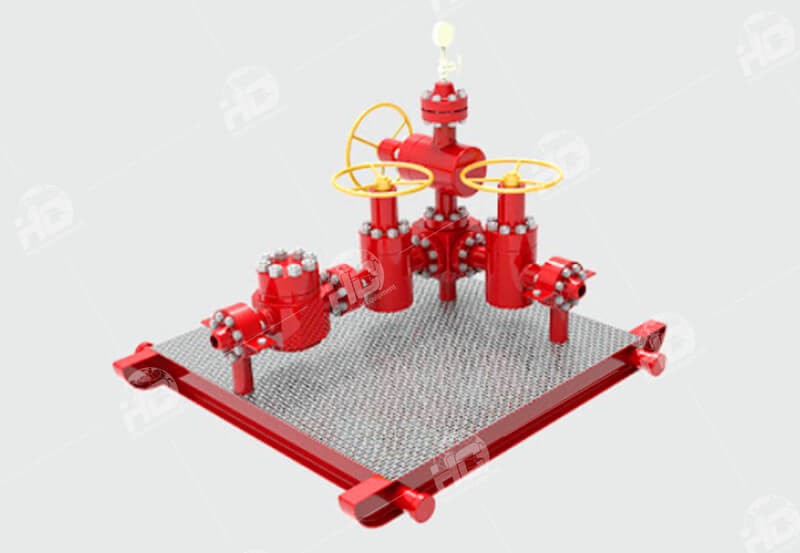
Another problem is choke adjustment. On site, operators often need to fine-tune the choke quickly to keep wellbore pressure stable. If the choke is not responsive or difficult to handle, pressure fluctuations become hard to control. Many companies are now moving to adjustable or hydraulic chokes, but even so, proper training for operators is critical. A well-designed choke is only as good as the person handling it.
Erosion is also a recurring headache. When drilling fluids carry sand or cuttings at high velocity, erosion damages the choke beans and valve seats. This gradually reduces flow capacity, and sometimes the line gets partially blocked. Some operators prefer using tungsten carbide beans for longer life, but the key is still regular flushing and inspection.
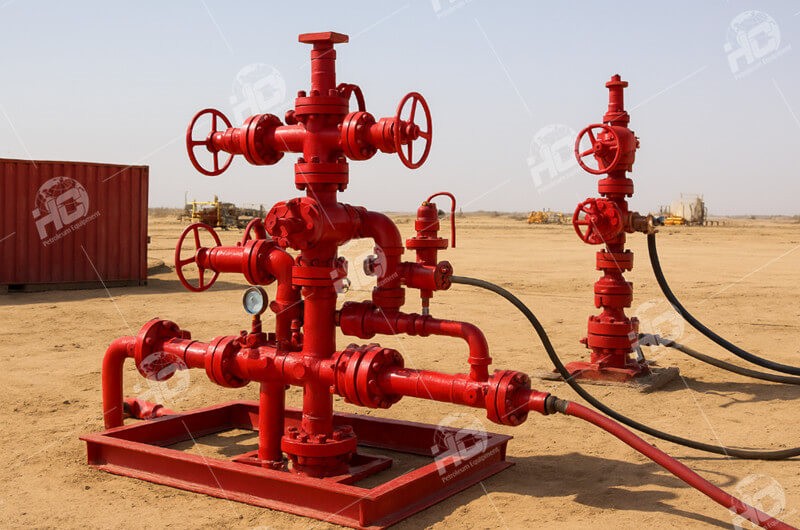
Finally, there is the human factor. A lot of problems with kill manifolds do not come from the hardware, but from unclear procedures or inexperienced crews. In a stressful well control situation, even a small mistake in valve sequencing can make things worse. That’s why clear operating manuals and proper training are just as important as the equipment itself.
In short, most problems with kill manifolds can be anticipated and managed. With better maintenance, the right materials, and experienced operators, companies can reduce risks and keep the well under control.
-
2025 / 12 / 29
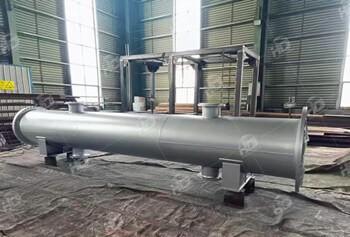 Customized Shell and Tube Heat Exchanger for Syria Project
Customized Shell and Tube Heat Exchanger for Syria Project -
2025 / 11 / 01
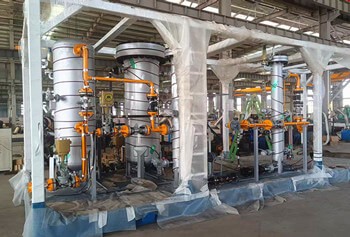 HC Successfully Delivers Gas-Liquid-Sand Separator for Xinjiang Oilfield Project
HC Successfully Delivers Gas-Liquid-Sand Separator for Xinjiang Oilfield Project -
2025 / 08 / 20
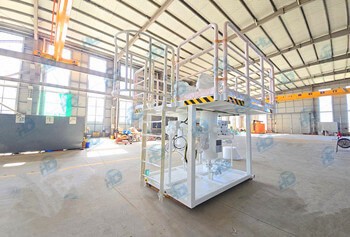 HC Successfully Delivered Filter Coalescer Skid to Malaysia
HC Successfully Delivered Filter Coalescer Skid to Malaysia
- +86 158 6190 3617








